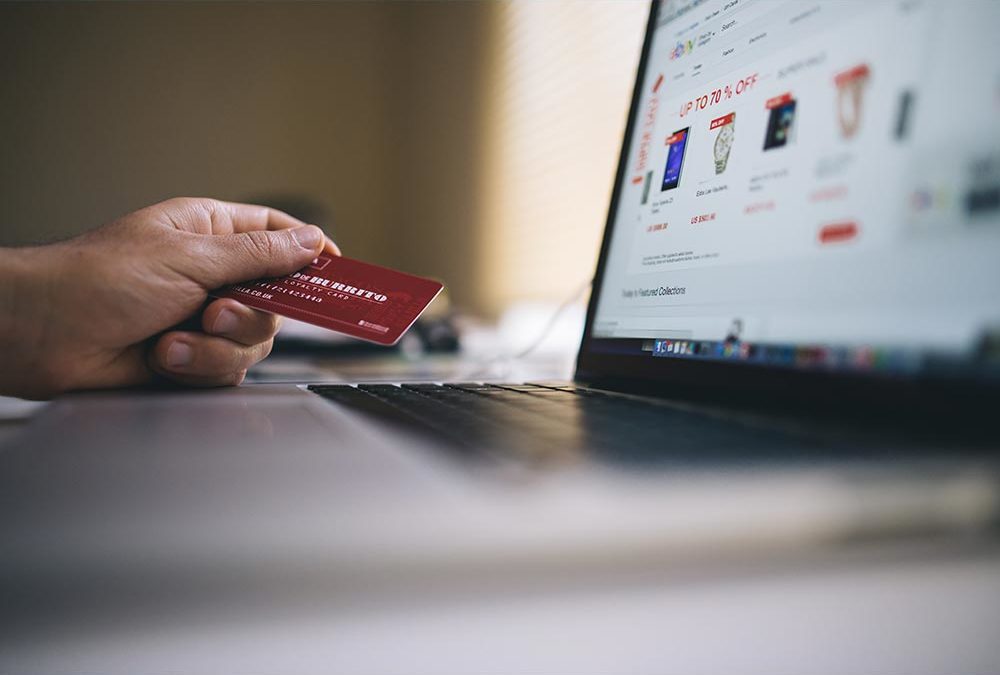1. You don’t have to owe! It is entirely possible to use credit cards regularly and stay out of debt forever. How? By only charging what you can afford to pay when the bill arrives. Use credit cards as a payment tool, not as a revolving debt instrument.
2. Know when short-term loans make sense. Sometimes financing a purchase with a credit card is prudent — as long as the repayment time frame is short. For example, let’s say you want $1,500 worth of living room furniture, but don’t have the cash to pay for it immediately. If you charge the items to a credit card with an 18 percent interest rate, and cover the balance in four months, the finance fees would total just $57. Not a bad deal. If you stretched it out over two years, however, you’d pay an extra $300 — quite a markup.
3. Owing is easy, repaying is hard. Without careful attention, sinking into overwhelming debt is remarkably easy. Most people get into trouble gradually when cardholders start out, their credit card is usually low. Over time it typically rises, which makes overcharging tempting. “Then you wake up and ask, ‘What did I buy, what did I do?” Paying down debt is difficult because as the balance climbs, the interest compounds, and payments increase. With funds promised to past spending, less money is available for current and future expenses.
4. Debt affects your credit score. Not only is it wise to remain debt free for your own bottom line, holding onto high balances negatively impacts your credit score. To maintain a high score, your account balance should be under 35 percent of your available credit limit. Timely payments are also vital. If you fall behind and skip a billing cycle, your creditor will report a 30-day delinquency to the three major credit reporting bureaus (TransUnion, Equifax, and Experian) and your score will drop noticeably. Miss more and you’ll see a dramatic downturn in your credit score.
5. Develop a repayment plan. Even if you’re in deep, you can probably climb out of debt with commitment and a plan.
Limit spending to basic needs to free up cash to pay down debt.
Ask creditors if they will reduce your card’s interest rates.
Prioritize payments by interest rates (pay the high-interest balances first).
Suspend charging while in repayment mode.
For more information like this, call the team at Shoreline LF for education and resources that, can help you manage credit card debt and borrow to resolve it!
Call today at 888-852-7171.
